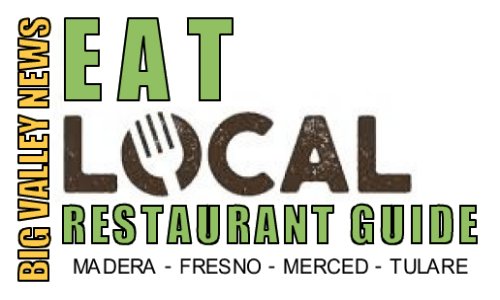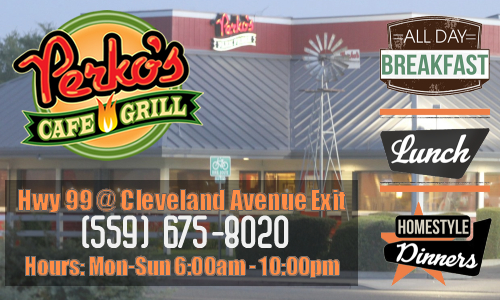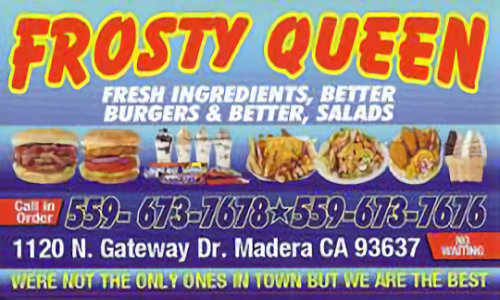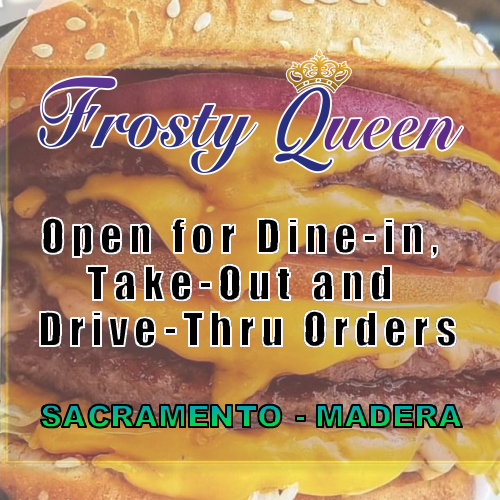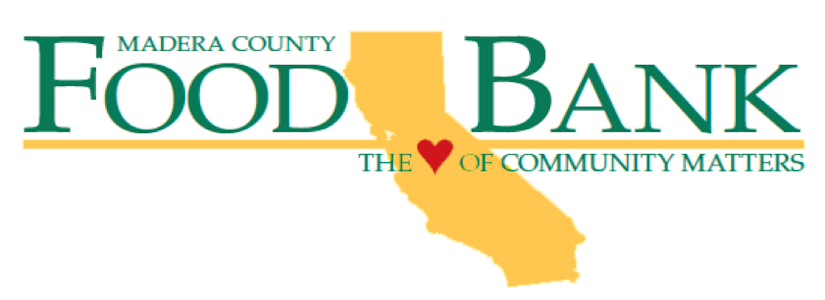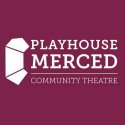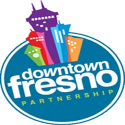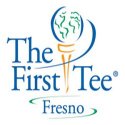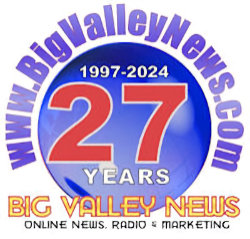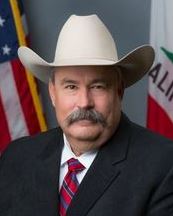 EDITORIAL - Summer has finally arrived, and that marks the official kickoff of fair season! Many of you and millions of others around our state will visit your local fairgrounds this year to participate in one of California’s longest-standing traditions. But in recent years, state funding for fairs has been all but eliminated, threatening their very existence.
EDITORIAL - Summer has finally arrived, and that marks the official kickoff of fair season! Many of you and millions of others around our state will visit your local fairgrounds this year to participate in one of California’s longest-standing traditions. But in recent years, state funding for fairs has been all but eliminated, threatening their very existence.
In 2011, at the peak of California’s historic budget crisis, the Legislature completely eliminated the $32 million in funding to the California Division of Fairs and Expositions, which oversees the state’s fairs. Though the cuts were devastating, fair organizers learned to adapt to their limited means the way many other state programs did during that difficult time.
In order to save money, our fairs have been left with no choice but to make painful employee lay-offs, and rely on private donations, fundraisers, and volunteers just to stay afloat. There’s no question that many of them might not have been able to stay open if it weren’t for the incredible efforts of those in our community. I’m proud of the way we’ve come together to support them, but operating this way is no longer sustainable.
This year, as the state saw increased revenues, I joined many of my colleagues from both parties on working to restore funding for our fairs.
The Legislative Joint Fairs Committee heard testimony from fair organizers, participants and children who came all the way up to the Capitol to share their stories of how they’ve been affected by these painful cuts. We wrote a letter to the Governor urging him to make fair funding a priority, and we sponsored legislation, which received broad bipartisan support. I was confident that all of our efforts would ultimately succeed.
But I was wrong. This year’s record-setting budget, which increased spending by $12 billion from last year, failed to include the $32 million for our fairs. This is absolutely unacceptable.
California’s network of 76 fairgrounds—10 of which are in the 5th Assembly District—provide much more than family fun and entertainment.
To us, they’re a way of life—a venue for local businesses that operate the rides or sell their goods at one of the many fair booths. They are hubs of economic activity, generating millions of dollars for the state and local economy. They provide $855 million in annual income for over 25,000 full-time workers and generate $2.8 billion, or $126 million in sales taxes.
It’s not an exaggeration to say that fairgrounds also save lives. They play a crucial role in ensuring public safety, serving as a gathering place for those displaced during a disaster. In 2013, as the Rim Fire raged across 130,000 acres in the Sierra Nevada, the Mother Lode Fairgrounds in Sonora opened its doors to the Red Cross, sheltering nearly 200 people who had been evacuated.
During heat waves, they’ve also served as large community cooling centers. These directly benefit our seniors, youth, and people with disabilities who are most at risk of heat-related illnesses. Without proper funding, these people may have nowhere else to go.
Fairs also serve as an important bridge between rural and city folks, who may otherwise not have an opportunity to see up close how their food is grown.
Those involved in youth programs such as 4-H and Future Farmers of America also take part in many beneficial events at fairs, such as junior livestock sales, where kids sell market animals that they’ve worked hard to raise.
The experiences they have at fairs teach them the values of caring for animals and understanding the role they play in the agriculture industry, as well as fostering an entrepreneurial spirit which will put them on a path towards future success.
The importance of fairs to our history and our communities today cannot be overstated. Dating all the way back to the time California was granted statehood, farmers, livestock breeders, and food enthusiasts have provided entertainment for individuals and families in the community.
While that continues today, fairs have also grown to become important economic, public safety, and educational assets to the communities that they serve.
As they head into the third year of receiving zero support from the state, we must find a funding source or our communities will lose these valuable resources. I will continue fighting to make sure they get the funding they so desperately need and deserve.
If you want to help preserve our fairs, please let the Governor know by calling his office at (916) 445-2841. Our rural communities depend on it.
Assemblyman Frank Bigelow, R-O’Neals, is the Chair of the California Legislative Rural Caucus and represents the 5th Assembly District in the California Legislature.










